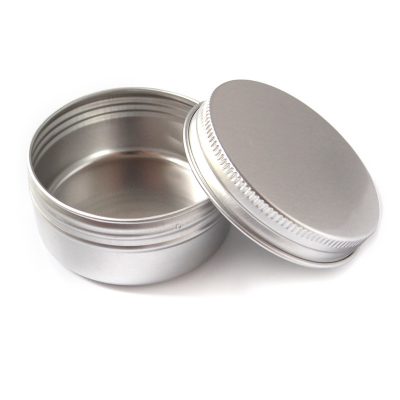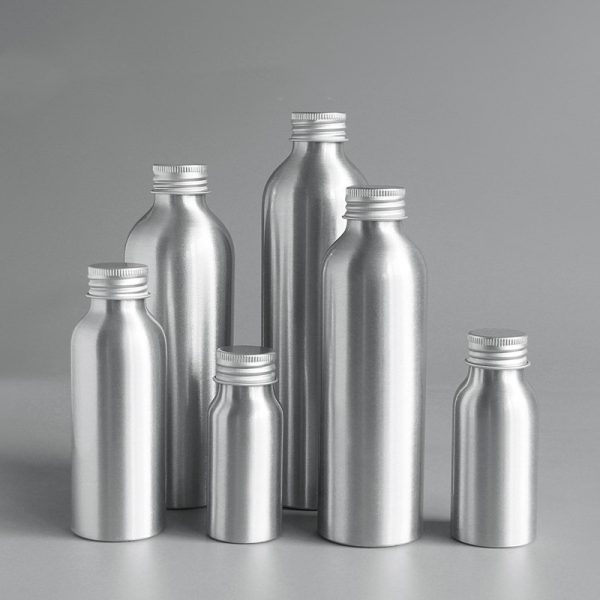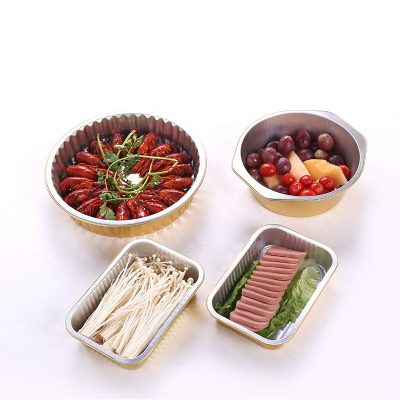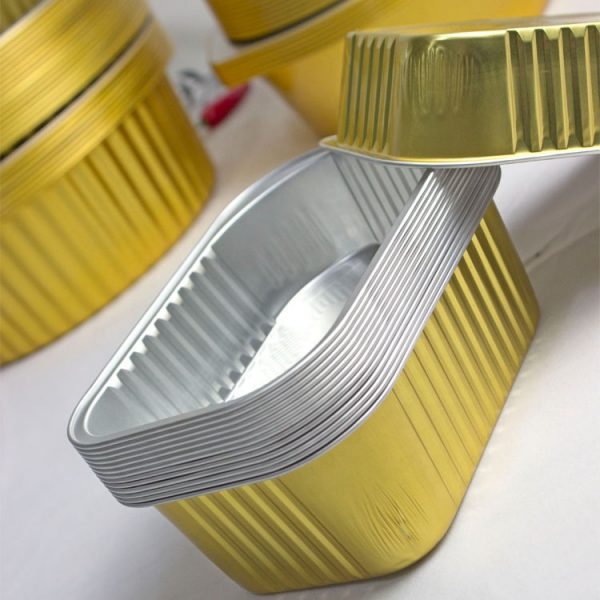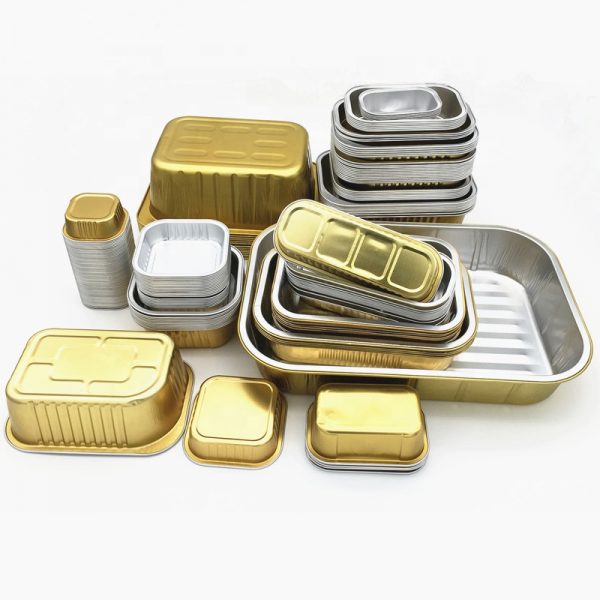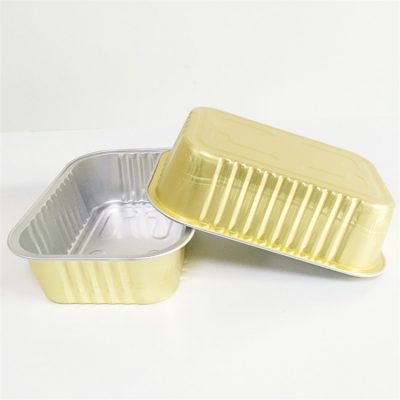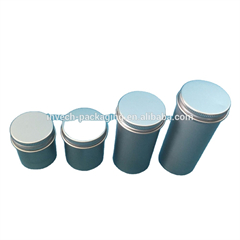Designs for aluminium bottles you ll love
As an AI language model, I don’t have the capability to create visual designs, but I can suggest some ideas for aluminum bottle designs that you might love: Nature-Inspired: A beautiful, nature-themed design with images of mountains, forests, or ocean waves that evoke a sense of adventure and environmental awareness. Geometric Patterns: Eye-catching geometric patterns…









